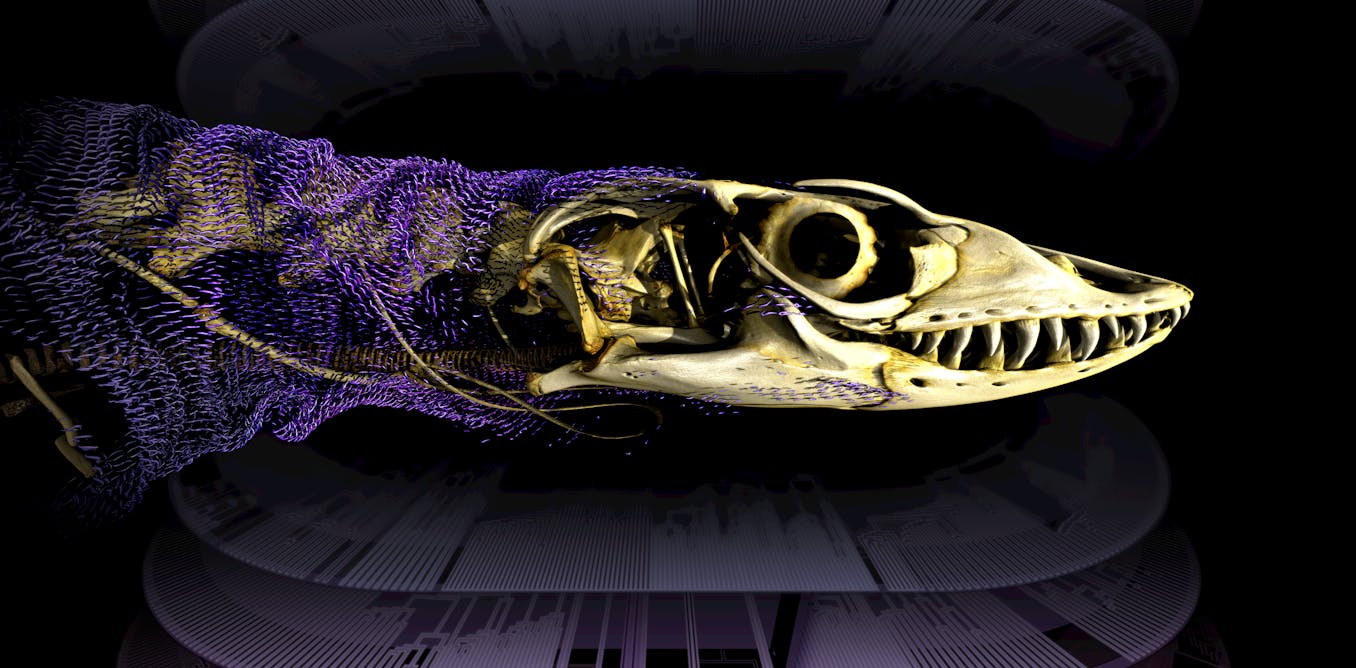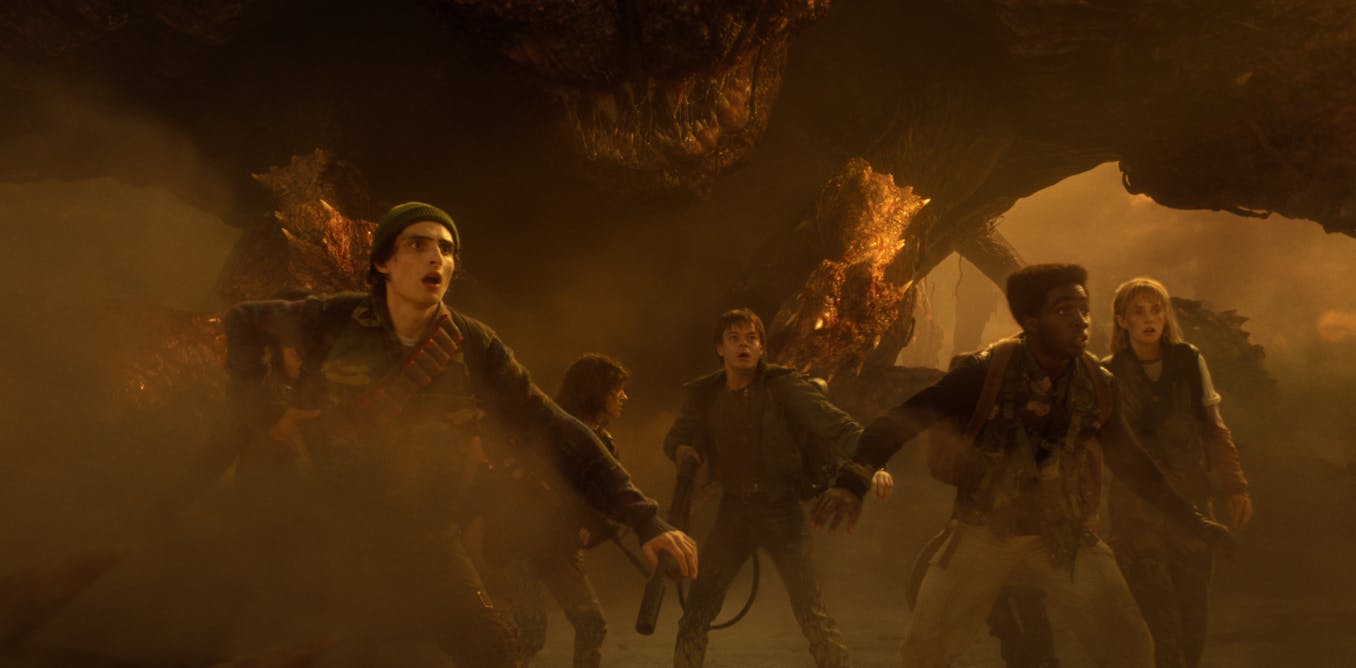In the past few years, AI has set Silicon Valley on fire. The new book AI Valley: Microsoft, Google, and the Trillion-Dollar Race to Cash in on Artificial Intelligence chronicles those blazing high times, telling the stories of the startups, venture capital firms, and legacy tech companies that are burning bright—and those that have already flamed out.
In the excerpt below, author Gary Rivlin tells the inside story of the startup Inflection, which was established in 2022 by LinkedIn founder Reid Hoffman and DeepMind founder Mustafa Suleyman. Inflection hoped to differentiate itself by building a chatbot with a high emotional intelligence, and the company was at one point valued at US $4 billion. But its chatbot, Pi, failed to gain market share and in March 2024 Microsoft acquired most of the company’s workforce, leaving what was left of Pi to be licensed for use as a foundation for customer service bots.
Pi was not human and therefore could never have a personality. Yet it would fall on Inflection’s “personality team” to imbue Pi with a set of characteristics and traits that might make it seem like it did. The team’s ranks included several engineers, two linguists, and also Rachel Taylor, who had been the creative director of a London-based ad agency prior to going to work for Inflection.
“Mustafa gave me a little bit of an overview of what they were working on, and I couldn’t stop thinking about it,” Taylor said. “I thought maybe it would be the most impactful thing I ever worked on.”
Humans develop a personality through a complex interplay of genetics and environmental influences, including upbringing, culture, and life experiences. Pi’s personality began with the team listing traits. Some were positives. Be kind, be supportive. Others were negative traits to avoid, like irritability, arrogance, and combativeness.
“You’re showing the model lots of comparisons that show it the difference between good and bad instances of that behavior,” Mustafa Suleyman said—“reinforcement learning with human feedback,” in industry parlance, or RLHF. Sometimes teams working on RLHF just label behavior they want a model to avoid (sexual, violent, homophobic). But Inflection had people assigning a numerical score to a machine’s responses. “That way the model basically learns, ‘Oh, this was a really good answer, I’m going to do more of that,’ or ‘That was terrible, I’m going to do less of that,’” said Anusha Balakrishnan, an Inflection engineer focused on fine-tuning. The scores were fed into an algorithm that adjusted the weighting of the model accordingly, and the process was repeated.
Developing Pi’s Personality Traits
Unlike many other AI companies, which outsourced reinforcement learning to third parties, Inflection hired and trained its own people. Applicants were put through a battery of tests, starting with a reading comprehension exercise that Suleyman described as “very nuanced and quite…
Read full article: The Rise and Fall of Inflection’s AI Chatbot, Pi

The post “The Rise and Fall of Inflection’s AI Chatbot, Pi” by Gary Rivlin was published on 04/01/2025 by spectrum.ieee.org






























![Animals vs. Water: Hilarious Moments! 😂 [2025 Edition] – Video Animals vs. Water: Hilarious Moments! 😂 [2025 Edition] – Video](https://i.ytimg.com/vi/F1_AvAuQI5M/maxresdefault.jpg)








Leave a Reply